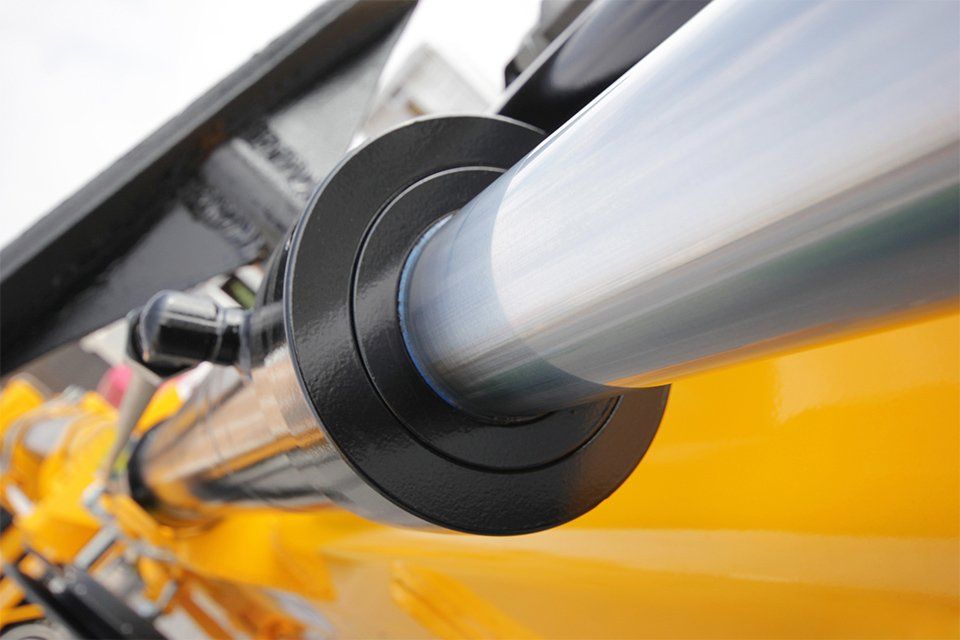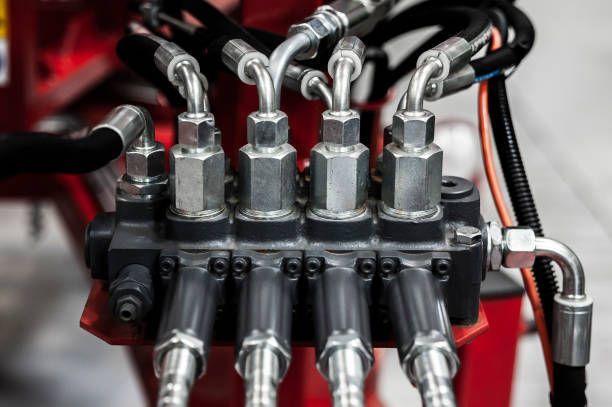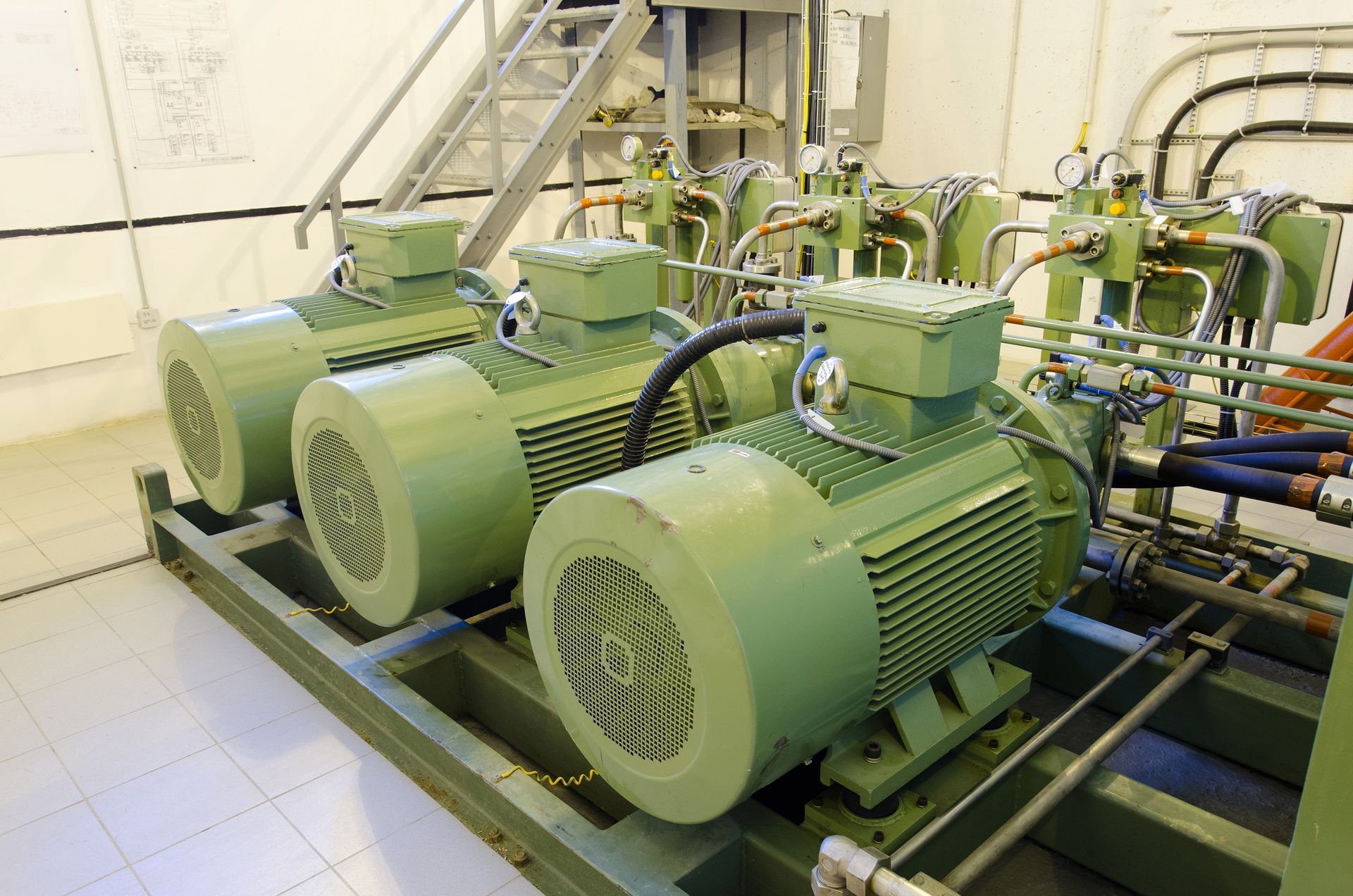3 Main Reasons Why Your Hydraulic Cylinder Seals Fail Prematurely
Your hydraulic cylinder seals don't cost much. However, these cheap pieces of rubber or plastic hold an incredible amount of importance in any hydraulic system. Typically, hydraulic seals have a good amount of durability, but they can also prematurely fail for several reasons.
Here are some of the reasons why hydraulic seals fail and what you can do to help prevent them from doing so.
1. Your Seals Aren't Installed Properly
Proper and professional hydraulic seal installation is a key factor in preventing premature seal failure. When you or a technician place a seal anywhere on the hydraulic cylinder, you must adhere to several procedures to ensure the installation is a successful one.
To start with, you must choose the right type of hydraulic seals for your system. The wrong type of seal can't handle the pressures of the system and will fail quickly. In a worst-case scenario, the wrong type of seal won't work at all and you'll have an immediate hydraulic leak on your hands.
Other issues can occur during the installation of the seal, such as contamination and damage from mishandling. Seals need proper lubrication during installation, and they need proper orientation. You may not notice it when you look at some types of hydraulic seals but it's possible to install them upside down, which can lead to early failure as well.
Hydraulic seals can also wear quickly and fail faster if they're not installed just right. For example, over-tightening of seals can cause just as many problems as not tightening the seal enough.
2. Your Seals Are Taking On a Lot of Contamination
When contamination infiltrates a hydraulic system, that contamination will start to infect the hydraulic cylinder seals as well. In some cases, certain types of debris will congregate around the seal. The more contamination that builds up around the seal, the less efficient and accurate the seal will be.
Since contamination comes from outside the system, the best way to keep it away from your seals is by keeping it out of your hydraulic system in general. You can usually tell if contamination is the culprit for premature seal failure. If you find tiny pieces of debris embedded in the seal, you'll know contamination was at work.
To prevent contamination from harming seals specifically, you should:
- Routinely cycle fluids in the system
- Keep the piston area free of buildup
- Make sure to filter the oil
- Install rod wipers
You may not eliminate all contamination from the system, but the more contamination you keep out, the longer all your hydraulic components will last; this includes your seals.
3. Your Seals Can't Take the Heat or the Fluids
Heat erosion of hydraulic seals occurs when the seals simply can't take the heat and friction buildup of your hydraulic system. Seals can melt, become brittle, and break. Dealing with heat erosion and degradation requires an understanding of your system's operating parameters. Your seals may not have the tolerance for your system.
In such a case, you can upgrade to seals made of materials with more heat resistance. You can also try to increase the amount of lubrication you use in the system.
Erosion and degradation of seals can also occur if your hydraulic system makes use of chemicals the seal can't handle. Chemical damage to hydraulic seals can take on many forms.
Depending on the interaction sparked by the chemicals and the seal's material, you can find your seals softening, shrinking, swelling, or changing color. The best solution for chemical degradation is to replace your seals with seals made of materials more suitable to your system's applications.
At Quad Fluid Dynamics, Inc., we have the tools and knowledge to help you figure out why your hydraulic seals fail you. If you need a hydraulic system diagnostic, upgrade, or a custom solution, contact us today.



